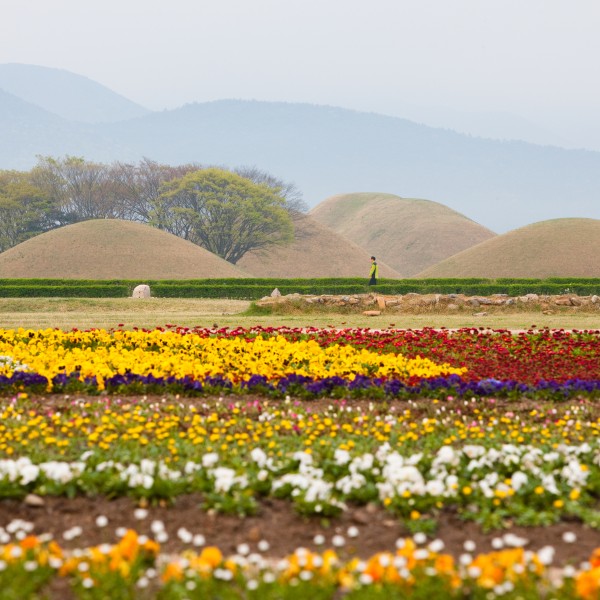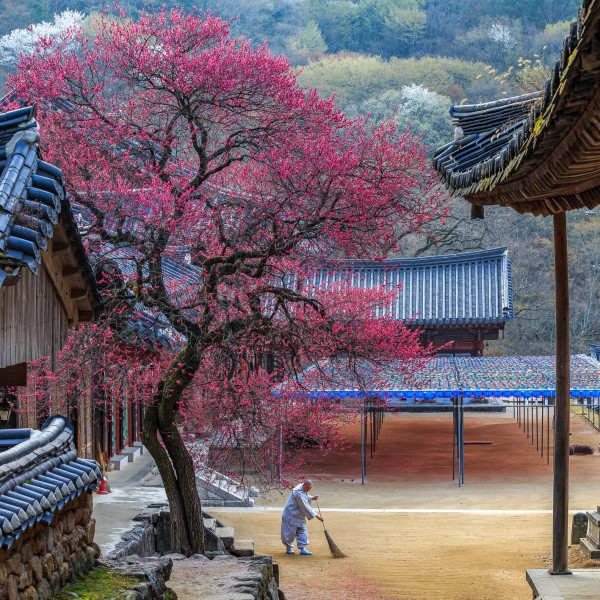When traveling to Korea, you can expect to be greeted by a local cuisine that makes the journey worth it for the food experience alone–not to mention the country’s unbelievable landscapes, numerous outdoor activities, and enriching cultural experiences.
Renowned for its bold and nuanced flavors and celebrated for its fresh and healthy ingredients, it’s no surprise that Korean cuisine has gained popularity abroad. But beyond the enjoyment of any single meal, travelers can also look forward to culinary experiences and opportunities to dive into Korean culture through food. Here, we’ll explore three culinary experiences that promise unforgettable tastes, local connections, and a true sense of adventure.
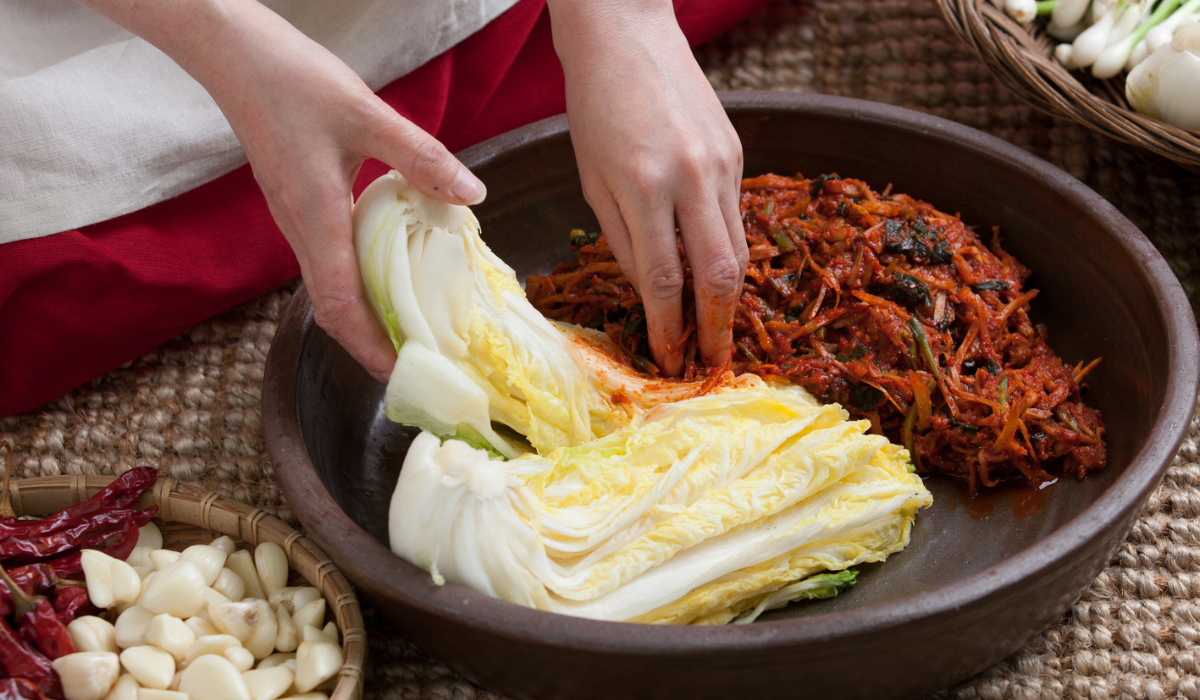
Bustling Local Markets
Korean markets are vibrant culinary hubs offering travelers a taste of local life—perfect for those eager to experience a different culture. Featured in the popular Netflix series Street Food: Asia, Korean markets showcase local food and culture, and invoke a sense of discovery while wandering through the market, encountering new products and unfamiliar flavors at every turn.
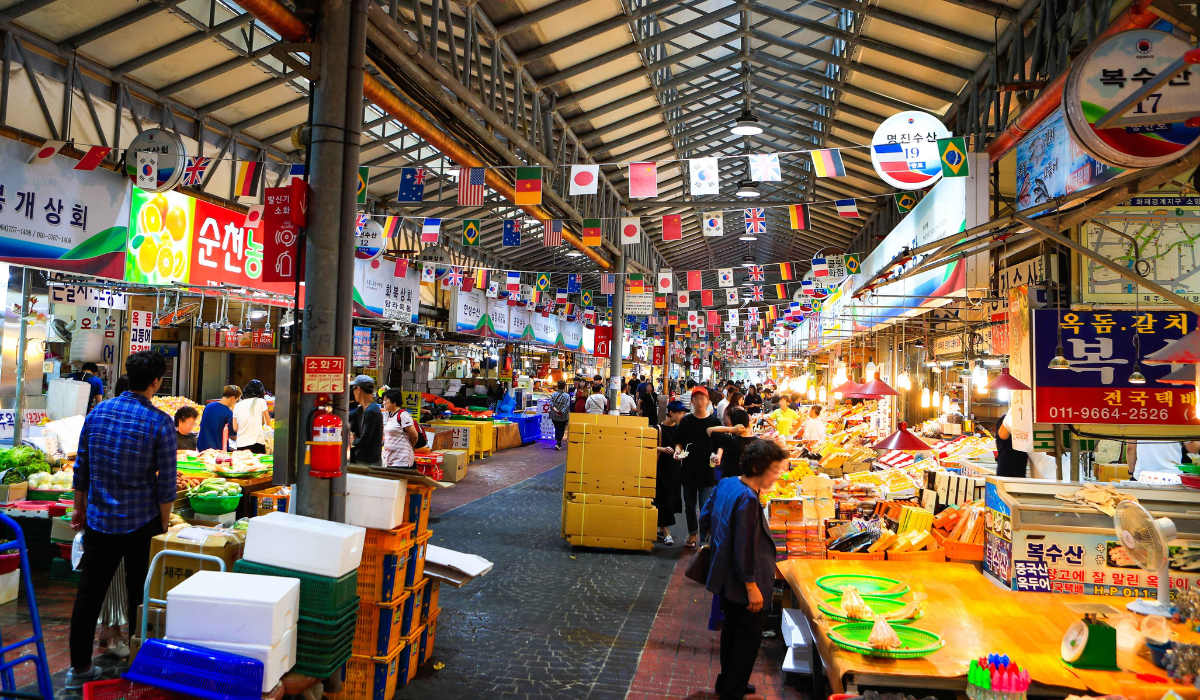
When visiting the markets, sampling the street food is essential to the full experience. Don’t miss the opportunity to try quick, flavorful bites such as tteokbokki (spicy rice cakes), hotteok (sweet pancakes), and eomuk (fish cakes). Top visited markets include the Gwangjang Market in Seoul, famous for its bindaetteok (mung bean pancakes) and mayak gimbap (bite-sized seaweed rolls); the Jagalchi Market in Busan, known for its fresh seafood; and the Dongmun Market in Jeju, celebrated for its abundant selection of local fruits, including Jeju oranges and Hallabong tangerines. To find other must-see markets and regional specialties, bookmark Visit Korea’s K-Tourism market map for a helpful planning resource.
Hands-on Learning: Cooking Classes and Interactive Dining
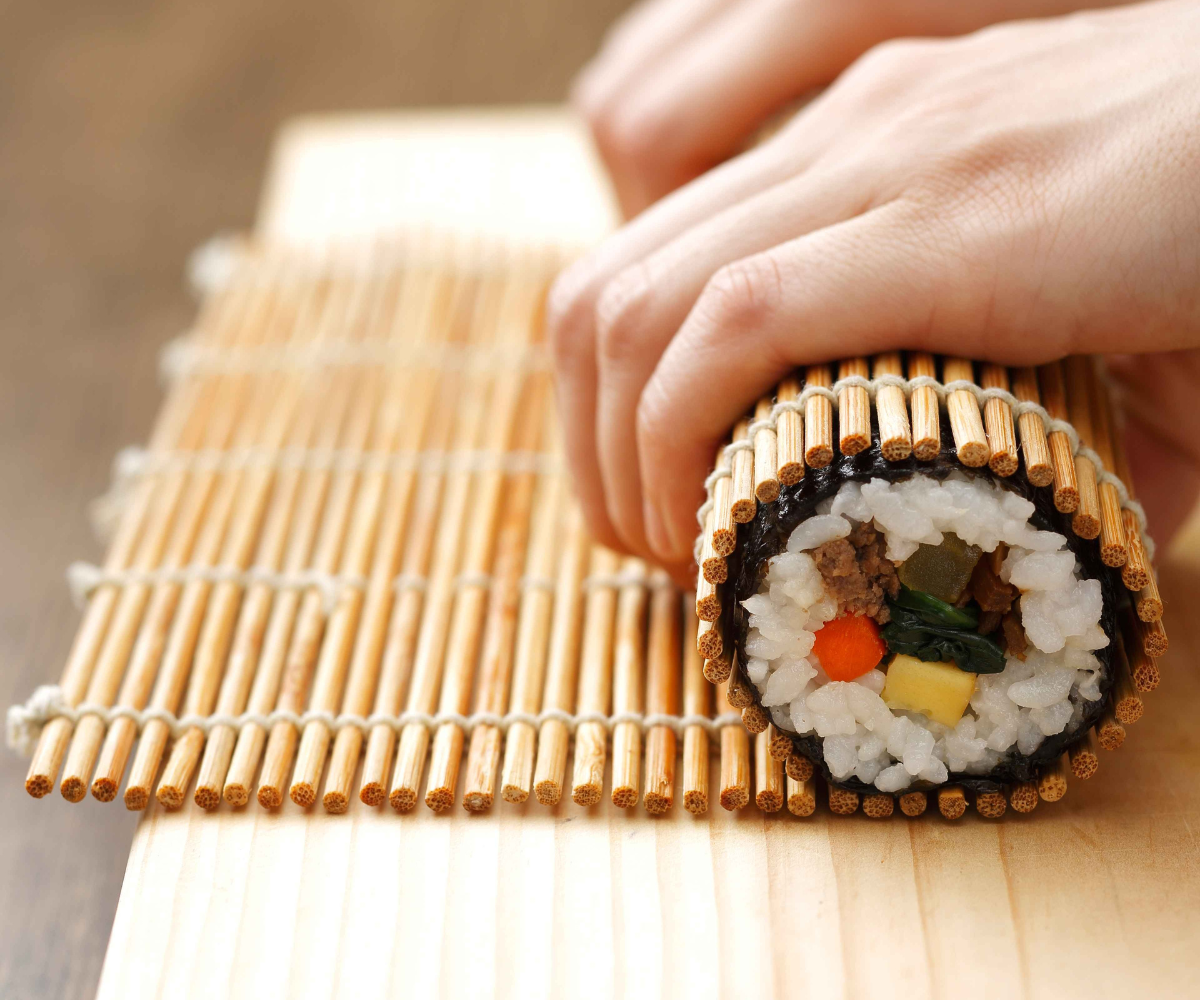
Cooking classes are a hands-on approach to cultural learning and offer a way to bring the flavors and traditions of Korea back home. You can learn how to make staples such as kimchi, bibimbap, and traditional sweets while gaining insight into the techniques and cultural significance of these dishes. In addition to learning the basics, temple food cooking classes offer the opportunity to learn about traditional temple cuisine, focusing on vegetarian dishes and incorporating the principles of Buddhist cooking.
Interactive dining experiences like Korean barbecue and hotpot are also staple experiences for culinary immersion. The setting invites you to grill your meats and customize your meals with a variety of banchan (side dishes), creating a personalized, social, and interactive dining experience that has gained popularity in the United States. Even with its popularity abroad, the Korean barbecue in Korea is a must-do–the authentic, local experience is unmatched.
Eating with Locals
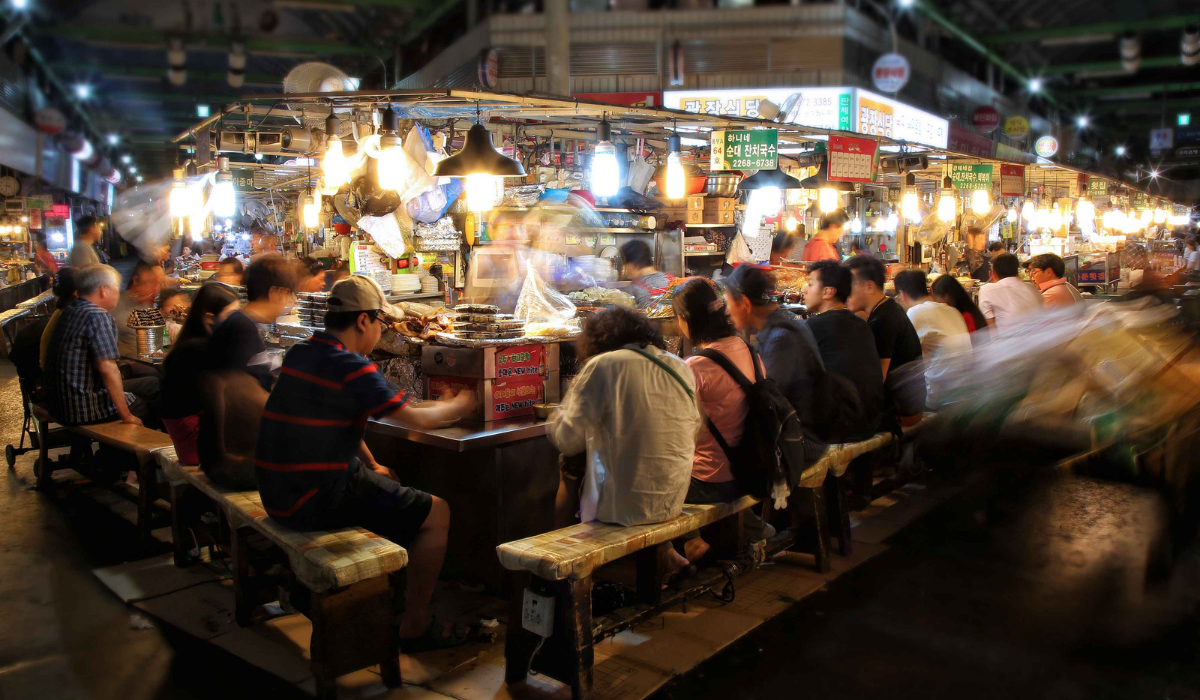
Eating with locals in Korea offers travelers the best type of immersive cultural experience: an opportunity for real connection and learning from local people. Local-led food tours and multi-day culinary tours like the the South Korea Real Food Adventure by Intrepid Travel or 8 Days South Korea food Adventure by SAHARANSKY, provide access to hidden gems often missed by tourists, and allow travelers to dine in homes, sample regional specialties, and hear stories behind the recipes. Through interactions, conversations, and a shared meal, travelers can gain a deeper understanding and appreciation of Korea’s rich culinary heritage and warm, community-centered spirit.
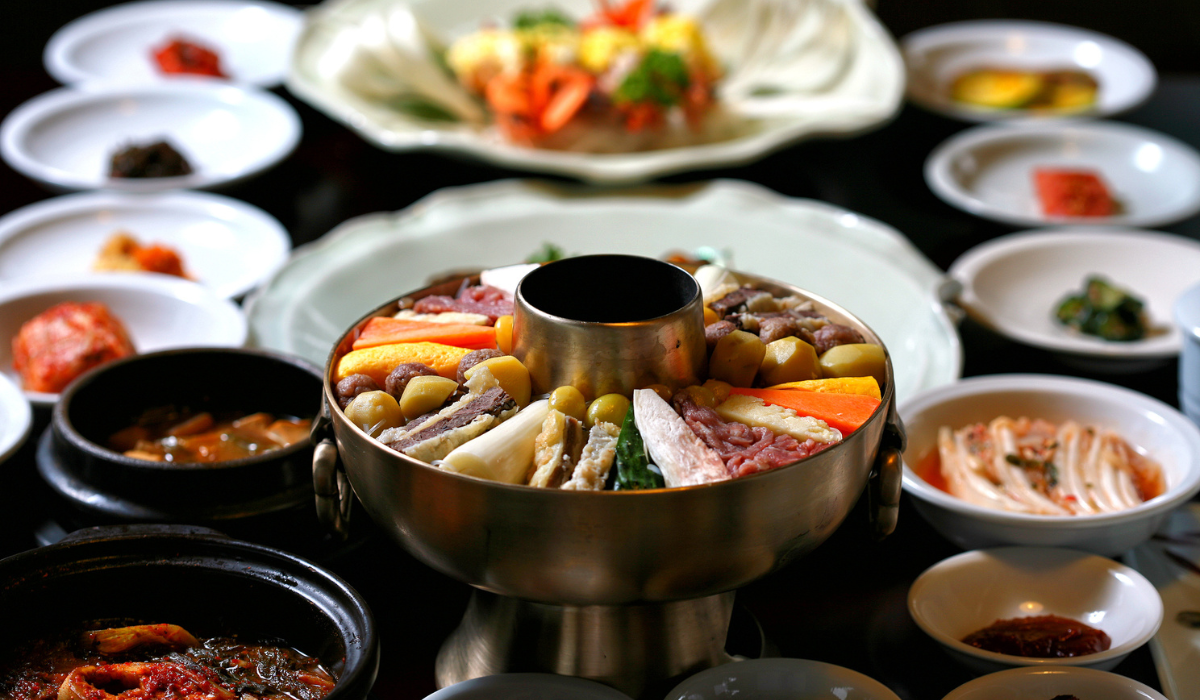
Through these culinary travel experiences, each meal is more than just food; it’s an exploration of flavors, history, and culture. So whether you savor street food in Seoul, grill Korean barbecue by hand, or learn to craft traditional dishes from local experts, you will surely find that Korea is much more than a country with excellent food; it’s a destination for a cultural adventure.
